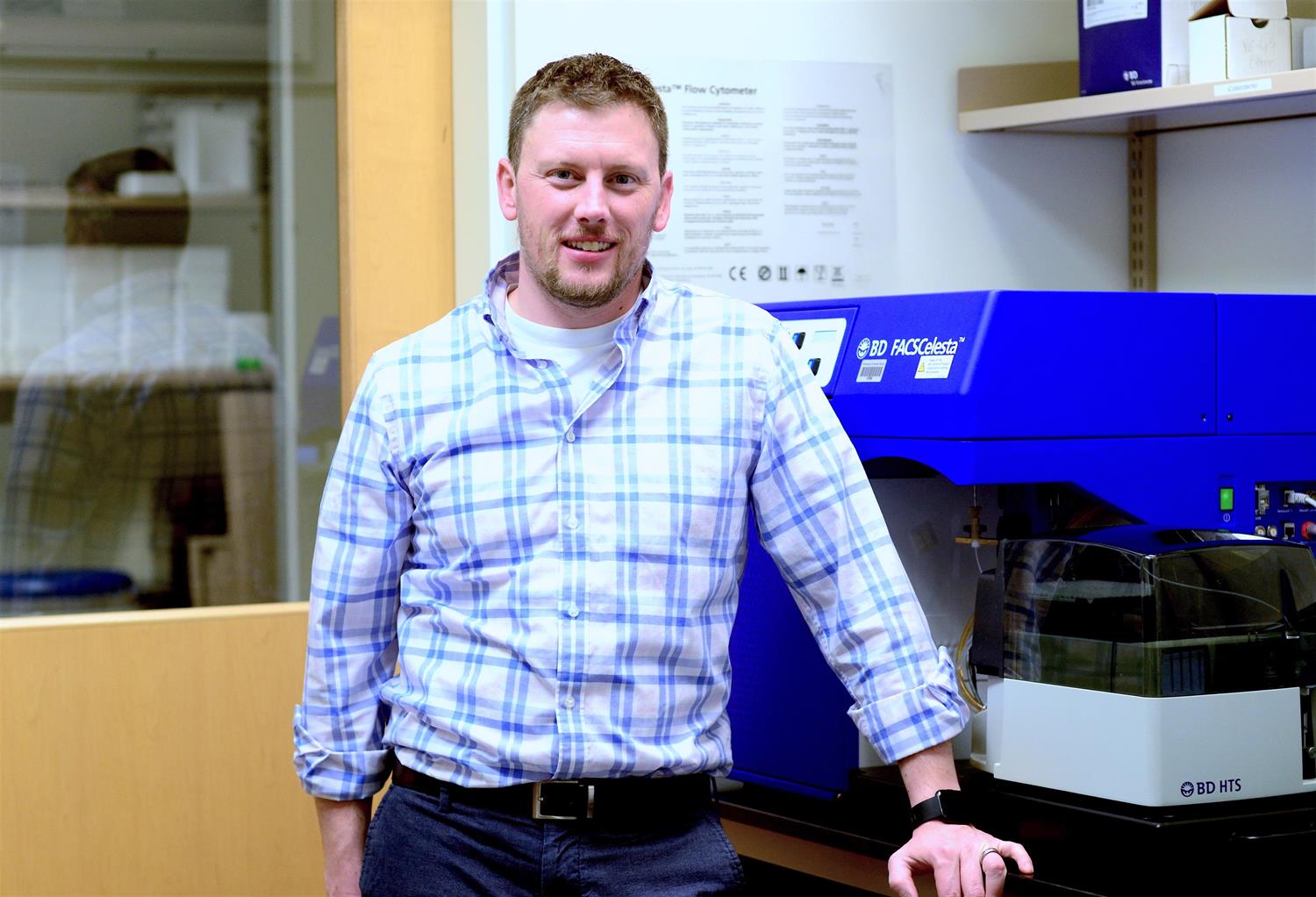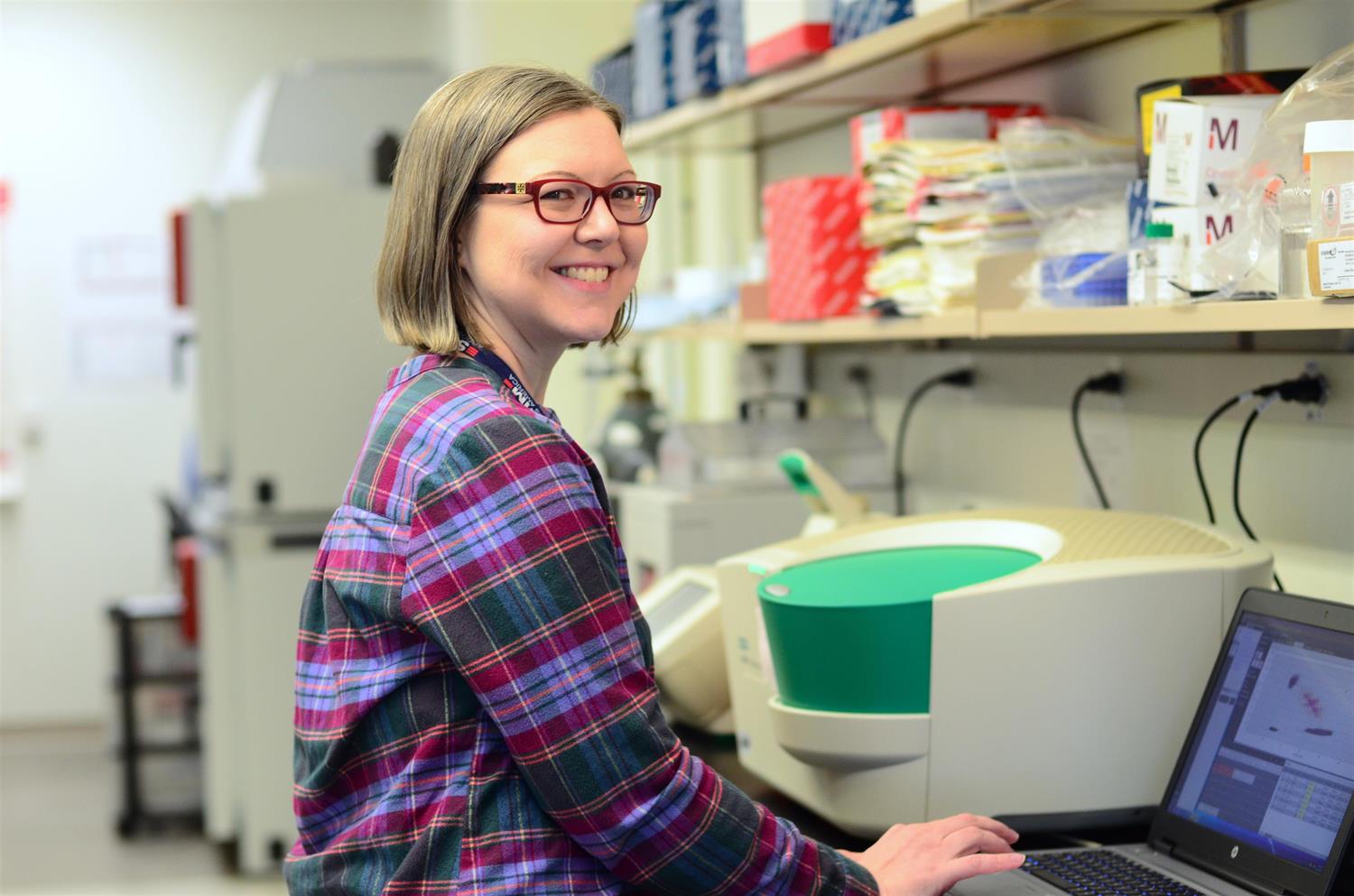
Craig Jordan, PhD
Professor
Dr. Jordan has participated in numerous NIH/NCI grant review panels, and has published over 125 peer-reviewed original research articles, review articles and book chapters. His 2018 study, "Subversion of Systemic Glucose Metabolism as a Mechanism to Support the Growth of Leukemia Cells" was named as one of the 'Best of Cancer Cell 2018'

Mark "Jordan" Althoff, PhD
Post-Doctoral Fellow
My current research interests are focused on characterizing the biology of leukemia stem cells (LSC) to better understand the cellular and molecular mechanisms underlying disease relapse and chemo-resistance in Acute Myeloid Leukemia (AML). Previous work from the lab highlights specific metabolic dependencies found exclusively within LSC that can be exploited therapeutically. Cellular metabolism is intimately linked to mitochondrial morphology, and more recent evidence from the lab suggests that LSC function is distinctly reliant upon Fis1 mediated mitochondrial fragmentation and subsequent mitophagy. As a result, I aim to investigate the mechanisms controlling mitochondrial fission and fusion dynamics in LSC to identify the unique contributions that mitochondrial morphology may have on AML pathology.
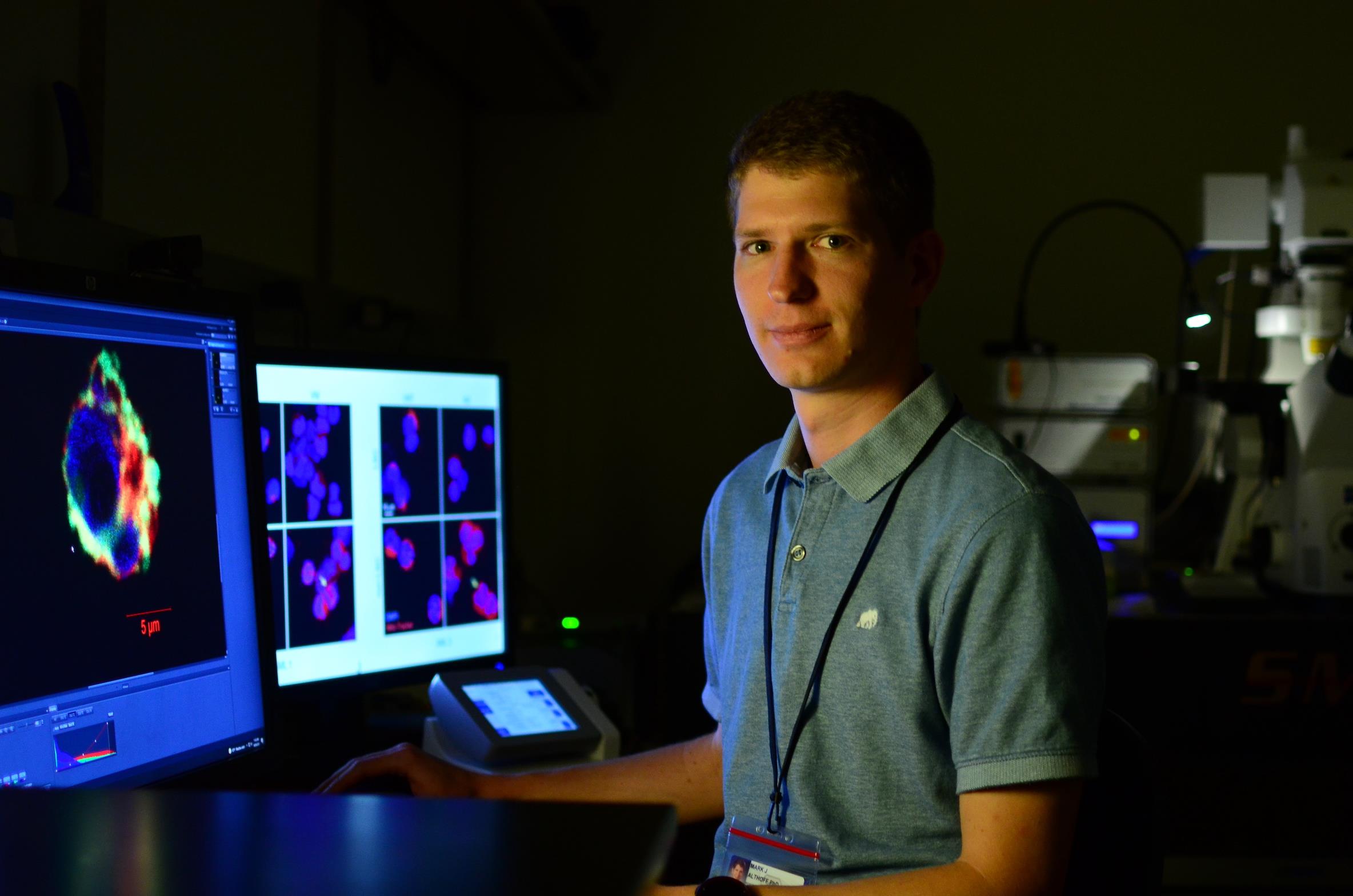
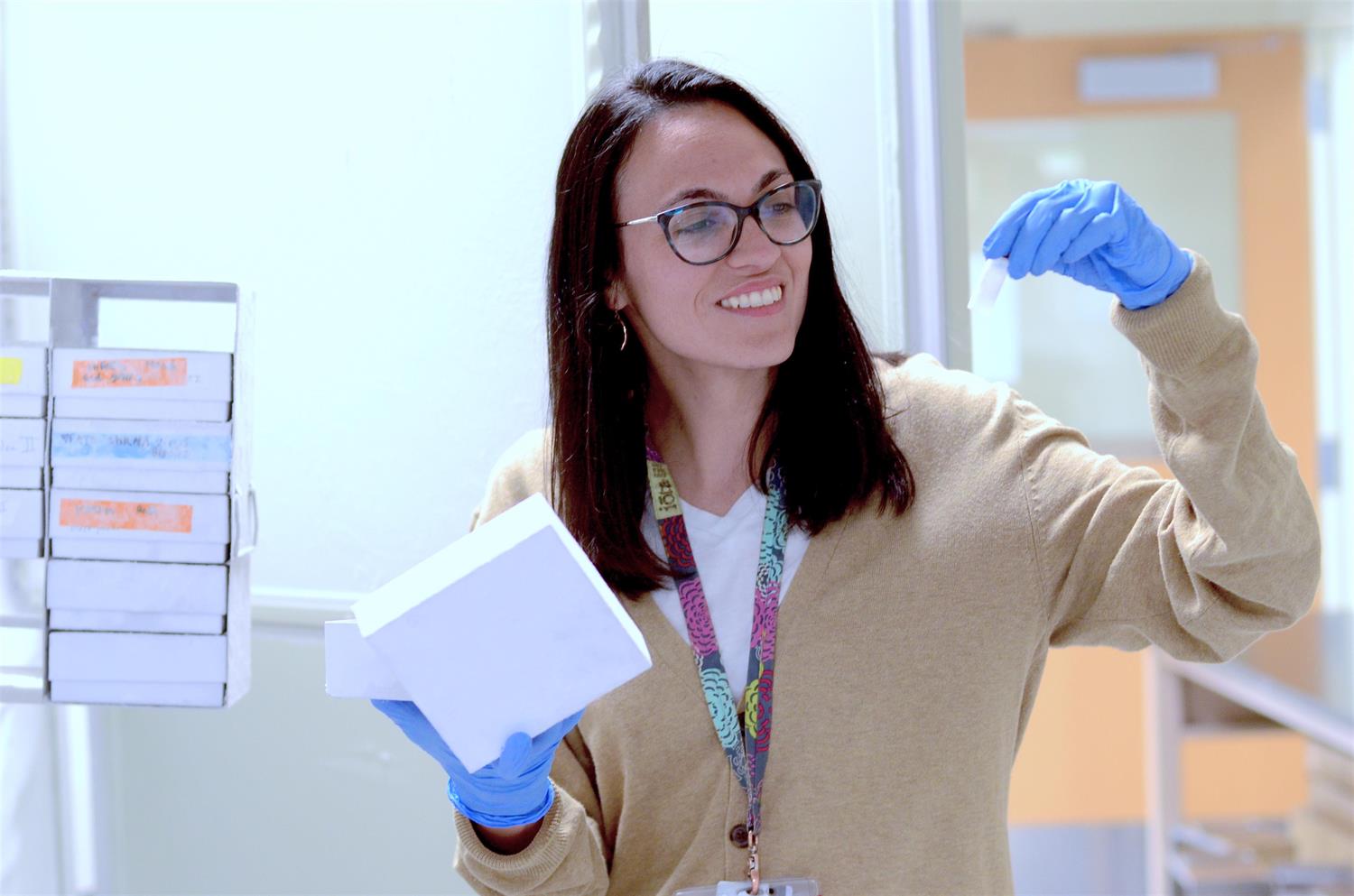
Maria Amaya, MD, PhD
Associate Professor
I am an Associate Professor conducting basic science research in our laboratory. My research is focused on investigating new ways to target leukemic stem cells in order to improve outcomes in AML. In particular, I am investigating proteins that affect mitochondrial function and oxidative phosphorylation, as leukemic stem cells rely heavily on this for survival.
Austin Gillen, PhD
Assistant Research Professor
Regan Miller-Silos, MS
Research Assistant, PhD Student
My current research interests are focused on understanding how leukemic stem cells (LSCs) evade therapy. Our lab has previously shown that differences in energy metabolism can drive drug resistance. These processes can be uniquely influenced by the surrounding microenvironment, so my goal is to further delineate the relationship between the microenvironment and energy metabolism in LSCs so we can identify more effective treatment strategies for patients with acute myeloid leukemia (AML).
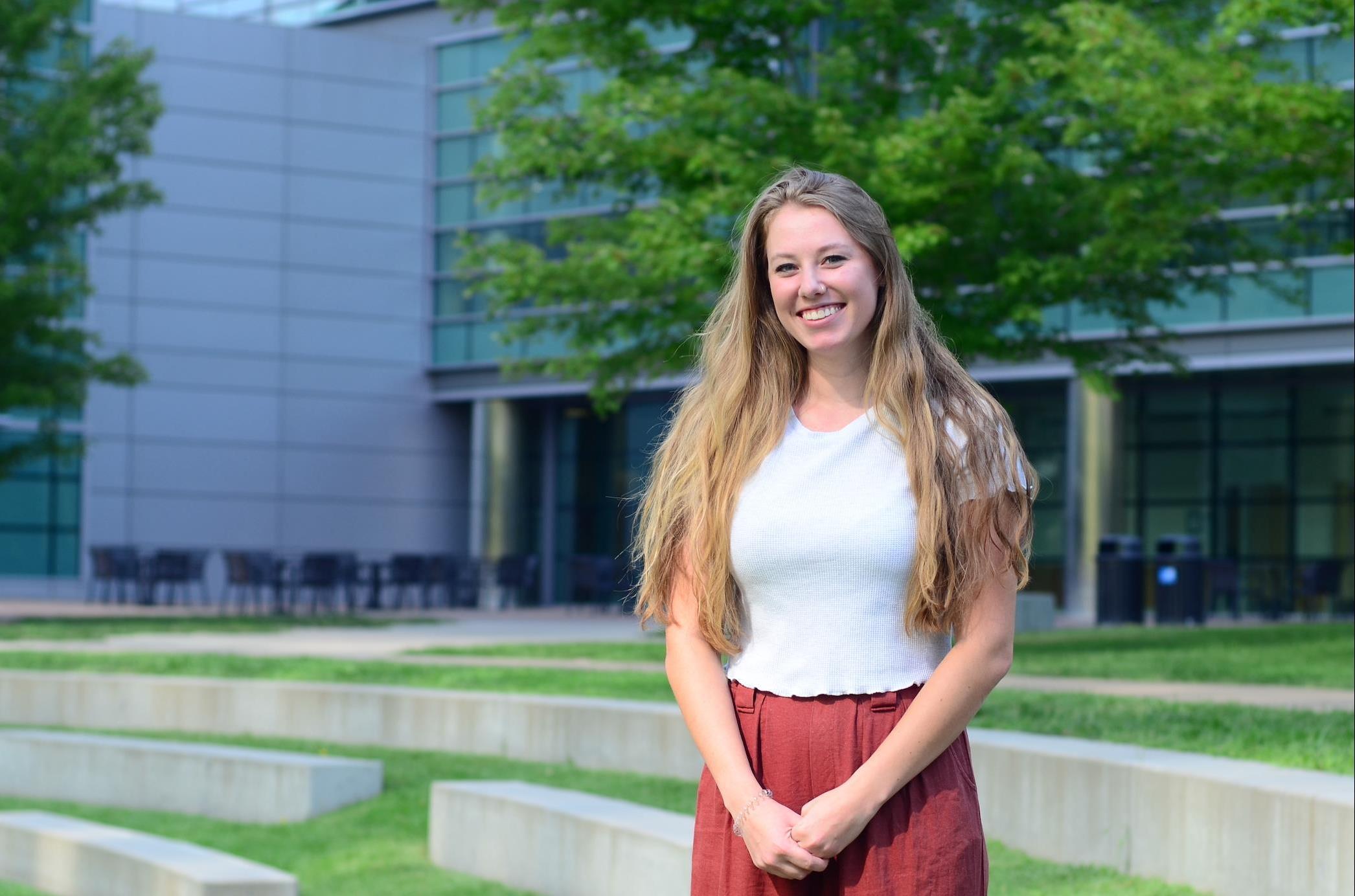
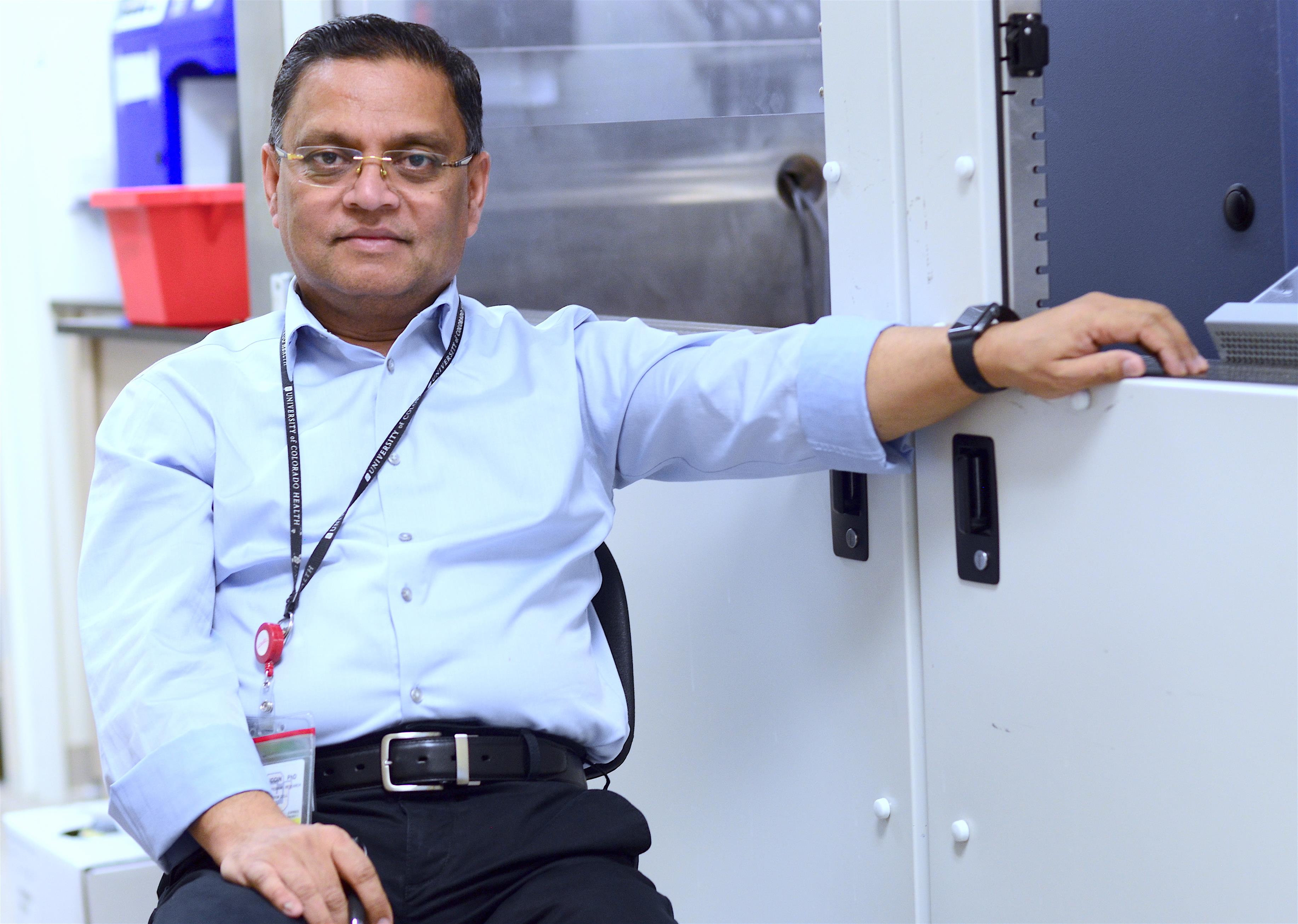
Mohammad Minhajuddin, PhD
Associate Research Professor
The main focus of my work is the identification and characterization of molecular pathways that control the survival of human leukemia stem cells. Drawing on many years of experience as a molecular biologist, I have developed methods to target pathways
in primary human Leukemia Stem Cell (LSC) populations.
Of particular interest are mechanisms controlling energy metabolism and oxidative states, as these key properties are central to the biology of both normal and malignant
hematopoietic stem cells. Recent data indicate that LSCs uniquely regulate energy metabolism and that therapeutic strategies may be evolved to target such properties.
Sweta Patel, PhD
Postdoctoral Scholar
Sweta received her Bachelors in Pharmacy and Masters in Pharmaceutical Biotechnology from India. During her Masters, Sweta showed that silver nanoparticle from pomegranate peel extract had cytotoxic effect on cervical cancer cells. After graduating with a Masters in 2016, Sweta moved to the US to pursue a PhD in Dr. Rob Welner’s Lab at the University of Alabama at Birmingham. During her PhD, she worked on identifying the metabolic and transcriptional role of STAT3 mediating drug persistence in chronic myeloid leukemia stem cells. In 2021, Sweta joined as a postdoctoral fellow in Dr. Craig Jordan's and Dr. Eric Pietras' labs and will be focusing on identifying metabolic targets to inhibit the progression from clonal hematopoiesis to acute myeloid leukemia. Sweta plans to stay in academia as a researcher upon completion of her postdoctoral training.
Outside of the lab, Sweta enjoys water-related activities, hiking, volunteering at dog shelters, learning new things and celebrating Indian festivals.
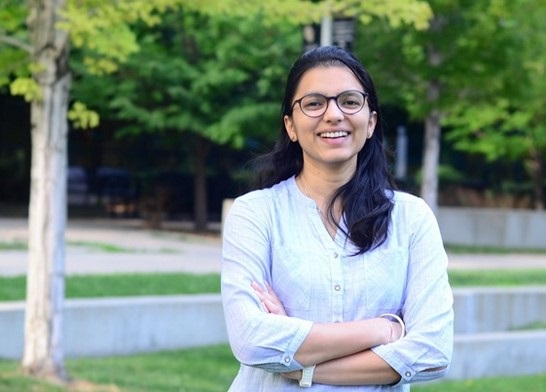
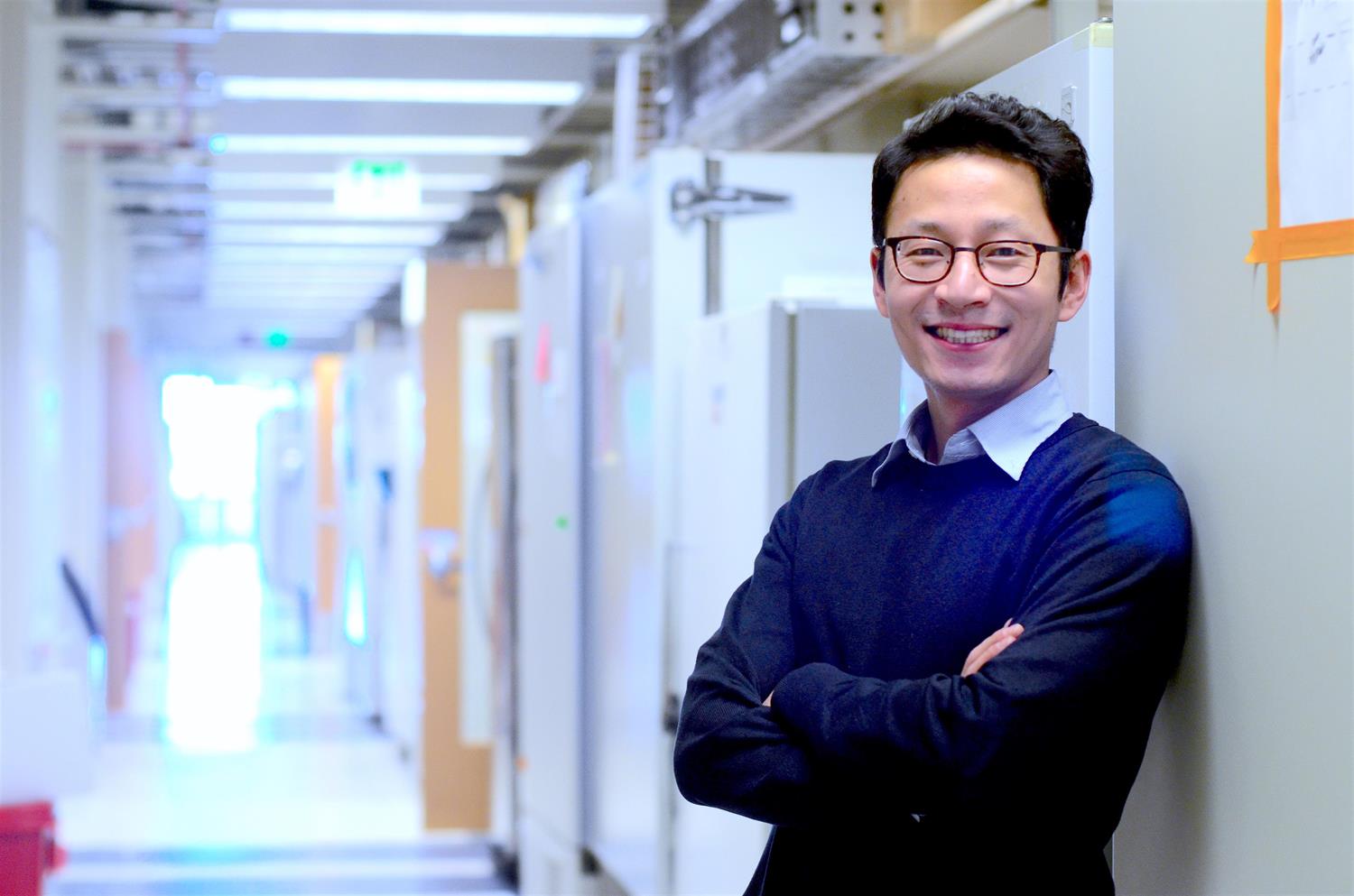
Shanshan Pei, PhD
Adjunct Professor
I am fascinated by the potential of precision medicine in cancer, particularly for leukemia. Decades of work in the field have extended our understanding of leukemia biology with regard to genetics, epigenetics, and metabolism, and we now have many pieces
to the puzzle. Our ability to uncover more pieces is further enabled by a recent outburst of powerful omics techniques and data analysis tools. Thus, we now have a unique opportunity to comprehensively dissect both intra- and inter- AML patient heterogeneity.
We can then connect these data to their individual therapeutic response in the clinic. This intersection of research, clinic, and data science is an exciting space for precision drug discovery in AML.
In this context, I am particularly
interested in utilizing multi-omic approaches at both population and single-cell levels to pinpoint key biological differences between therapy responders and non-responders in current clinical trials. I am also interested in using drug/genetic screens
in ex vivo and in vivo settings to identify novel therapies that can target mechanisms of resistance in non-responders. Finally, in line with my overall fascination of precision medicine, I am interested in working with physicians, bench
scientists and data scientists to build databases and analysis pipelines for implementing data-driven precision medicine in the near future.
Monica Ransom, PhD
Professional Research Associate
I am a classically trained molecular biologist who has shifted focus to bioinformatics. My main focus in the lab is the study of genetic variation information that is present in single cell RNAseq datasets. Using this analysis we can try to tease out additional information from these samples such as clonal structure as well as the transcriptional differences caused by genetic change.

Sarah Staggs, PhD
Assistant Research Professor
Brett Stevens, PhD
Clinical Associate Research Professor
My research explores energy metabolism of leukemia stem cells as an attractive candidate for the development of therapies. This work includes multiple genetic and pharmacologic approaches to target these cells. Specifically, my current focus is on the pre-clinical development and progression of BCL-2 inhibiting agents and understanding of biochemical pathways involved in metabolism in both Acute Myelogenous Leukemia and Myelodysplastic Syndromes.
